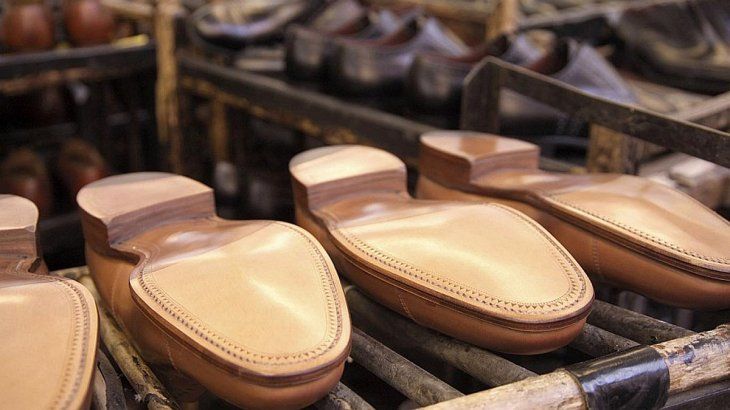The Secretariat of Industry and Commerce eliminated Customs control of the labeling of textile and footwear products entering the country, The agency reported on Tuesday that these controls have been in place for more than a decade, with the aim of countering imports, especially from Brazil.
“From this measure, which aims to lower the cost of bureaucracy and facilitate import processes, This control will be carried out ex post, ensuring that compliance with labelling is mandatory,” the Ministry of Economy department clarified in a statement.
Measure seeks to ensure the rapid entry of products into the country, transferring the controls once they are in the national territory. Companies will have to ensure that the requirements are met and the Undersecretary of Consumer Protection and Loyalty to Commerce will carry out the controls.
Clearly, the Government’s decision in this matter is to prevent processes such as sealing and labeling of products, which are They are used at the level of world trade as measures that slow down exchangestop having that criterion in Argentina, and start handling it as a matter of consumer protection policy.
textiles.jpg
The measure seeks to ensure the rapid entry of products into the country.
Labels, in general, They must have details of the materials with which the products have been manufactured and their content, among other issues.
The Secretariat noted that “the products that are marketed in the country “must have a label containing the company’s details and the product’s characteristics.” “In the case of footwear and textiles, labels contain product information that is relevant to the consumer, but does not cover safety attributes,” the official statement says.
It is explained that “so farfor their entry into the country and the marketing circuit, the products had to have a label made at origin.”
“If you do not have that label, They had to request authorization from the Ministry of Industry and Commerce for local relabeling through the Local Market Adaptation (AML) process.“, the statement explains.
leather goods SMEs leather shoes footwear.jpg

According to official information, labelling procedures represented more than 1,500 files managed by the Secretariat of Industry and Commerce in 2023.
Photo: NA
It is noted that “the measure isIt also avoids arbitrary, bureaucratic and costly processes thatin some cases, significantly delay the availability of the merchandise.”
According to official information, the procedures Labeling represented more than 1,500 files in 2023 managed by the Secretariat of Industry and Commerce.
From now on, based on resolution 159/2024 published in the Official Gazettecompanies must arrange for the products to be labeled prior to marketing.
The amendment is in addition to other measures taken by the Ministry of Industry and Commerce that seek to reduce bureaucratic costs and facilitate trade.
Recently, the government adopted aA similar measure was adopted for inks used in the graphic industry, by eliminating the requirement that inks cannot contain heavy metals.The government says that this type of ink is no longer used worldwide.
In this regard, the owner of the main Argentine textile company, TN Platex, Teddy Karagoziandownplayed the impact of the measure, considering that what could have the greatest impact at this time is the exchange rate.
In a brief statement to Ambito, the member of the advisory board of President Javier Milei, said that “What affects most is an undervalued exchange rate, the rest are accessories”
Source: Ambito




